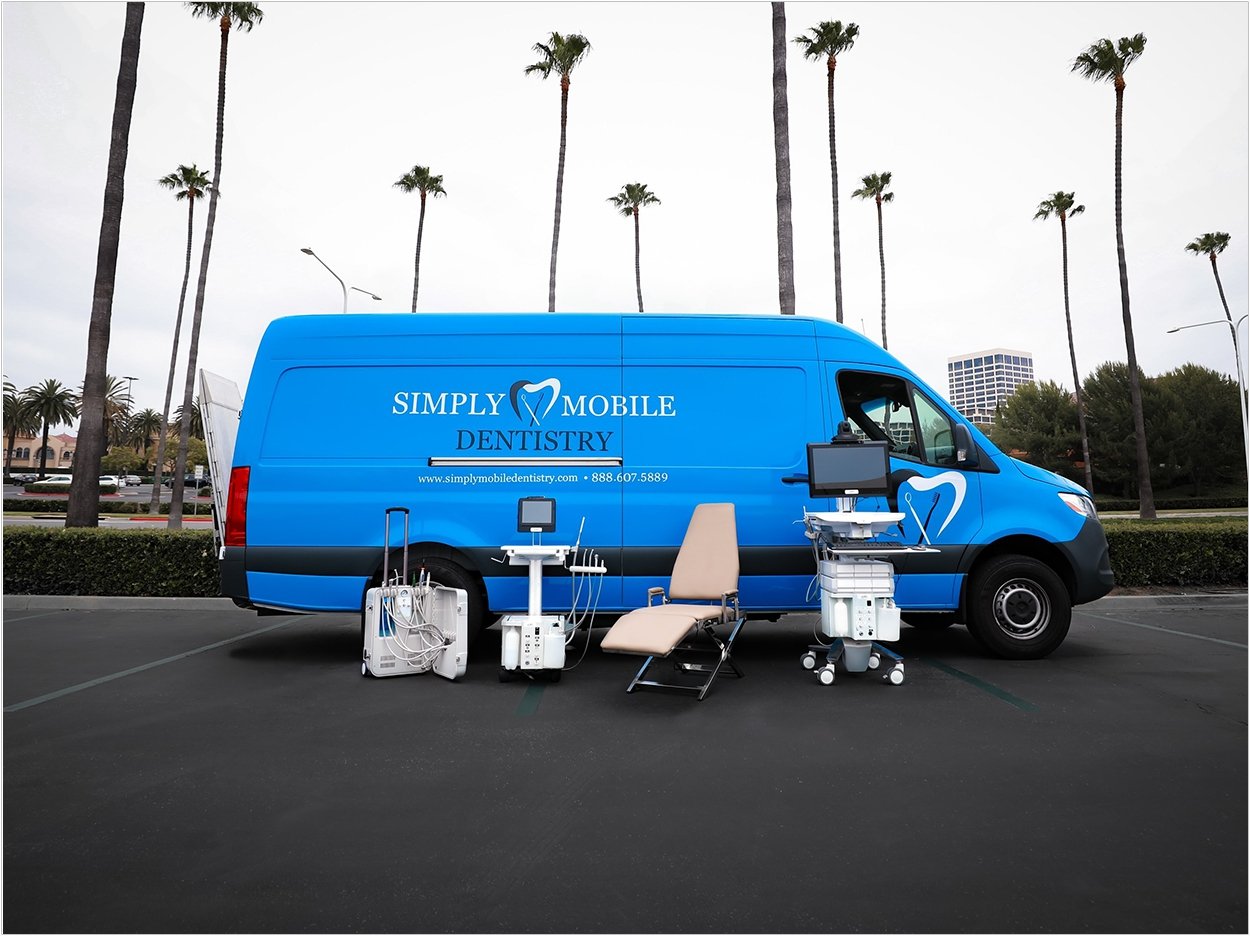Is there a way to expand your practice without the overhead of a new location or buildout? Melissa Turner, co-founder of the National Mobile & Teledentistry Conference and chief hygiene officer for Cellerant Consulting Group, joins us to share her insight on the immense opportunities for dentists and hygienists in mobile dentistry.
Q: What trends are you seeing in mobile dentistry? Tell us what’s hot!
A: Great question! Mobile dentistry is on fire right now! Mobile-everything has been on the rise during the last decade within the younger generations and now the pandemic accelerated the demand for mobile-everything through all age groups! Similarly, mobile delivery of healthcare has been relied on for decades in the public health arena - and now the hottest trend is to provide concierge dental care in homes and workplaces...i.e. Amazon headquarters, etc. What we've known for a while - and what the rest of dentistry is now coming to realize - is that taking products and services to the patient can not only improve their experience but it can shorten their journey and increase demand as well. The use of telehealth in dentistry, what we call "teledentistry," is also valuable for both traditional and mobile dental providers as a way to increase patient touchpoints and become more efficient in the clinical day.
Mobile units are gaining popularity as a means of increasing access to dental care and expanding the practice geographically.
Q: We’ve been seeing traditional practices get into the mobile model. In your experience, why do dentists decide to go mobile?
A: Expanding dental services outside of the brick and mortar solves several pain points for the traditional practice owner. For example, when a dental practice begins to outgrow their current square footage, the more traditional route is to build or acquire a second location. But if there was a way to grow a practice without the extreme overhead, wouldn't you rather do that? One way is to create a simple mobile division - purchase a portable dental unit "suitcase" and have a hygienist or associate visit the patient in their house. Eventually, it could make sense to invest in a mobile van, RV or pod and work with local businesses in the area. While it's possible to do comprehensive dental care through these types of delivery models, it also makes sense to keep it simple. For example, you can send assistants out to local businesses to provide free clear aligner or whitening screenings, provide preventive care or simple restorative care, all the while referring the more complex cases to the brick-and-mortar location.
Adding a mobile unit can allow dentists and hygienists to provide care to patients who are not physically able to come into the office, or for patients who might pay a premium for concierge services.
Q: But it’s not just dentists! We’ve been seeing dental hygienists branch out into their own mobile practices too. What’s their motivation?
A: Yes! The thing with dental hygienists is that they are very passionate caregivers and are typically Type A personalities who are willing to go above and beyond. Depending on state regulations, dental hygienists can work outside of the traditional dental practice and without the onsite supervision of a dentist. In these situations, we've found that it works well for hygienists to create strong partnerships with the local dentists for referrals and collaborative work. Sometimes it makes sense for a dental hygienist to own a mobile practice for this purpose, and other times it makes sense for a mobile hygienist to simply be a division of a traditional brick-and-mortar practice.
Q: Do you think there are benefits to being a mobile practitioner over having a brick and mortar office?
A: The biggest benefit to mobile services happens when you combine mobile with traditional brick-and-mortar services...this is precisely where I see future dental practices heading: multi-site brick-and-mortar locations with a mobile arm into businesses and homes in the surrounding community plus a virtual arm directly into the patient's phone. Business models who utilize each of these delivery methods will easily scale and be very efficient in providing care. One of the biggest benefits of providing mobile care is that it is the best ways to naturally market your business. Think about the amount of time, money and resources we allocate to marketing - to convincing patients they need to choose our dental practice over others. And then after the patient schedules an appointment, we still have to sit in our practice and cross our fingers in hopes they show up. When we take dental services to the patient at their workplace or home, it decreases no-shows and the word naturally spreads throughout the patient's coworkers (or neighbors).
Mobile dentistry is a great avenue for organic, word-of-mouth marketing.
Q: How do you think cloud practice management software like Asprodental would be helpful to having a mobile practice?
A: In any dental practice, whether mobile or brick-and-mortar, the biggest pain point is efficiency in practice management as well as team communication and patient communication. Having the right comprehensive technology that's easy to use will go a long way in increasing the bottom line for a business.
Melissa Turner, BASDH, RDHEP, EFDA is the co-founder of the American Mobile Dentistry Alliance and the National Mobile Dentistry Conference. A seasoned dental hygienist with clinical experience from across the country, she is a valued thought leader and influencer, with expertise in teledentistry, mobile dental care delivery, workplace wellness, as well as identifying the dental hygienist as a significant part of the primary care team. A member of the Advisory Board for RDH magazine and a regular contributor in trade publications, Melissa is creator of I Heart Mobile Dentistry, a Facebook group supporting the mobile dental community. Awarded the 2018 Minnesota Dental Hygienists’ Member of the Year, she is an active member of the American Dental Hygienists’ Association.






